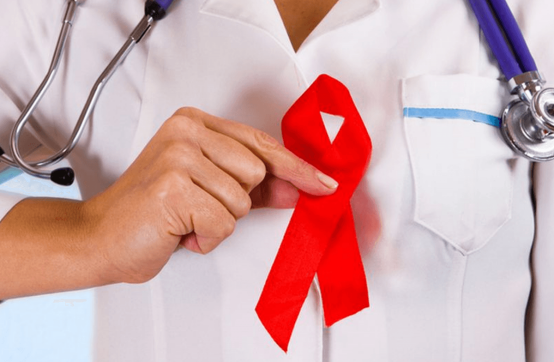HIV is a virus that attacks the immune system and requires careful treatment to prevent complications and maintain a good quality of life. Doctors stress that patients need to take certain steps before it's too late to ensure the best health outcomes.

Adhere to antiretroviral therapy (ART)
One of the most important steps for HIV patients is to strictly adhere to prescribed antiretroviral therapy (ART). Missing doses can lead to drug resistance, making the virus harder to control. Continuing use of ART helps keep viral loads low, reduces the risk of transmission, and maintains the strength of the immune system.
Regular medical checkups
Frequent medical checkups are essential to monitor the progression of the disease and the effectiveness of treatment. During these visits, doctors can detect complications early, adjust medications if necessary, and provide advice on how to deal with side effects. Routine blood tests to monitor CD4 counts and viral loads are a key part of these visits.
Healthy lifestyle
A healthy lifestyle can significantly improve the overall health of HIV patients. Doctors recommend:
- Eat a balanced diet with plenty of fruits, vegetables, and lean protein.
- Getting regular physical activity can boost the immune system and improve mental health.
- Avoid smoking, excessive alcohol, and recreational drugs.
Psychological support
Living with HIV can be emotionally challenging. Mental health support, including counseling and support groups, can provide patients with tools to cope with anxiety, depression, and stigma. Doctors recommend that patients seek help from a psychologist to maintain a positive attitude and effectively manage stress.
Preventive measures
Preventing opportunistic infections is another important aspect of HIV treatment. Patients should stay up to date on vaccinations, practice safe sex, and avoid contact with infected people. Doctors also recommend preventive treatment for certain diseases, such as B. Pneumocystis pneumonia, to prevent serious health problems.
Disclosure and social support
Disclosing one's HIV status to someone you trust can provide emotional and practical support. Although disclosure is a personal decision, a support network can help patients stick to their treatment plan and overcome the challenges of living with HIV.
Education and advocacy
Staying informed about HIV and its treatment enables patients to make informed decisions about their health. Doctors encourage patients to learn about the virus, participate in advocacy efforts, and stay up to date on the latest research and advances in HIV treatment.
By following these recommendations, people with HIV can improve their health and live fulfilling lives. It is critical to act quickly and consistently to effectively treat the disease and prevent complications.





